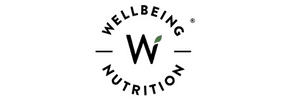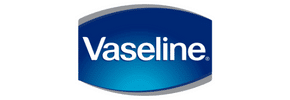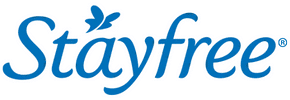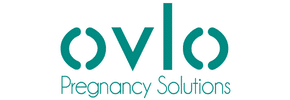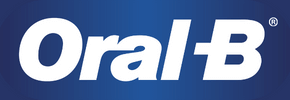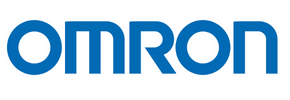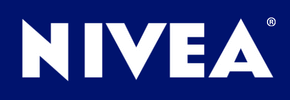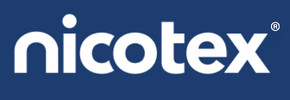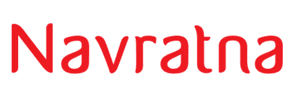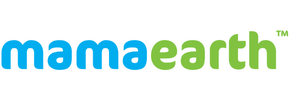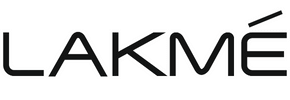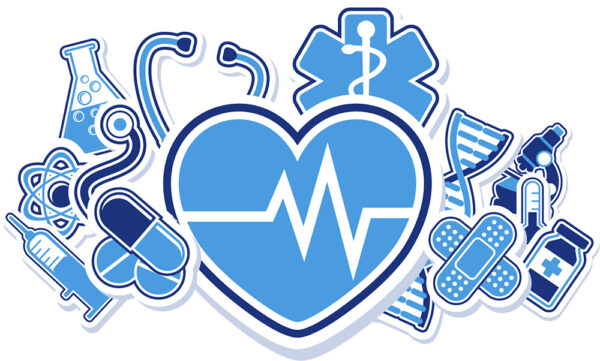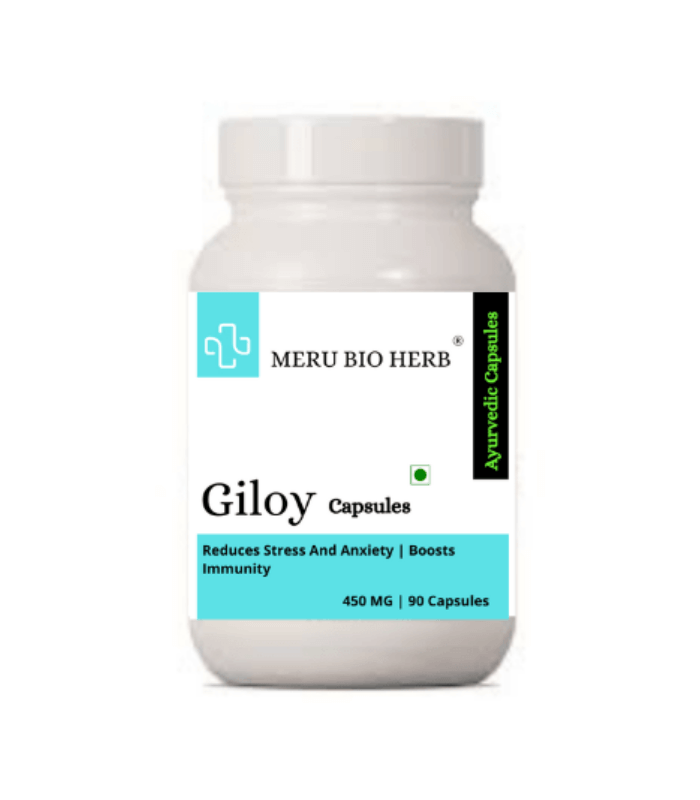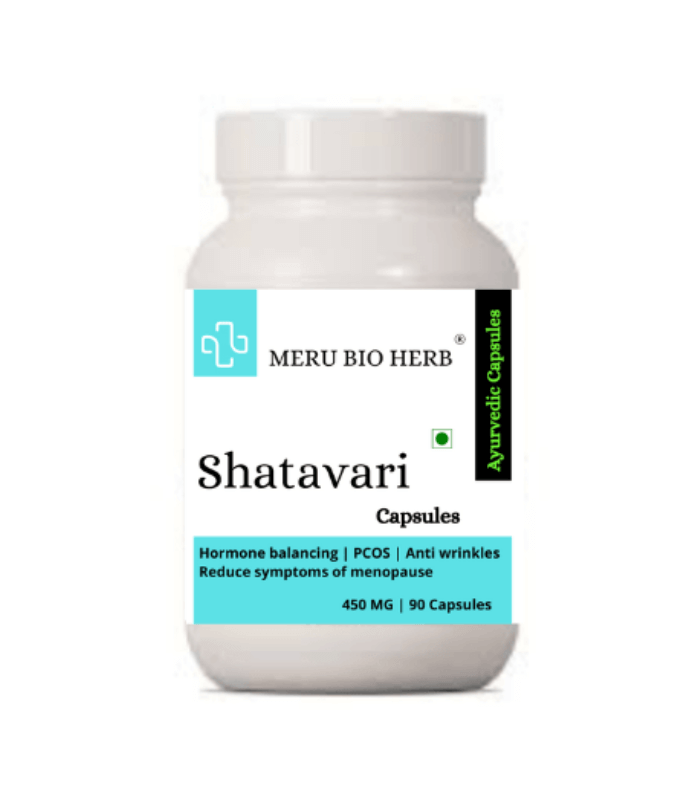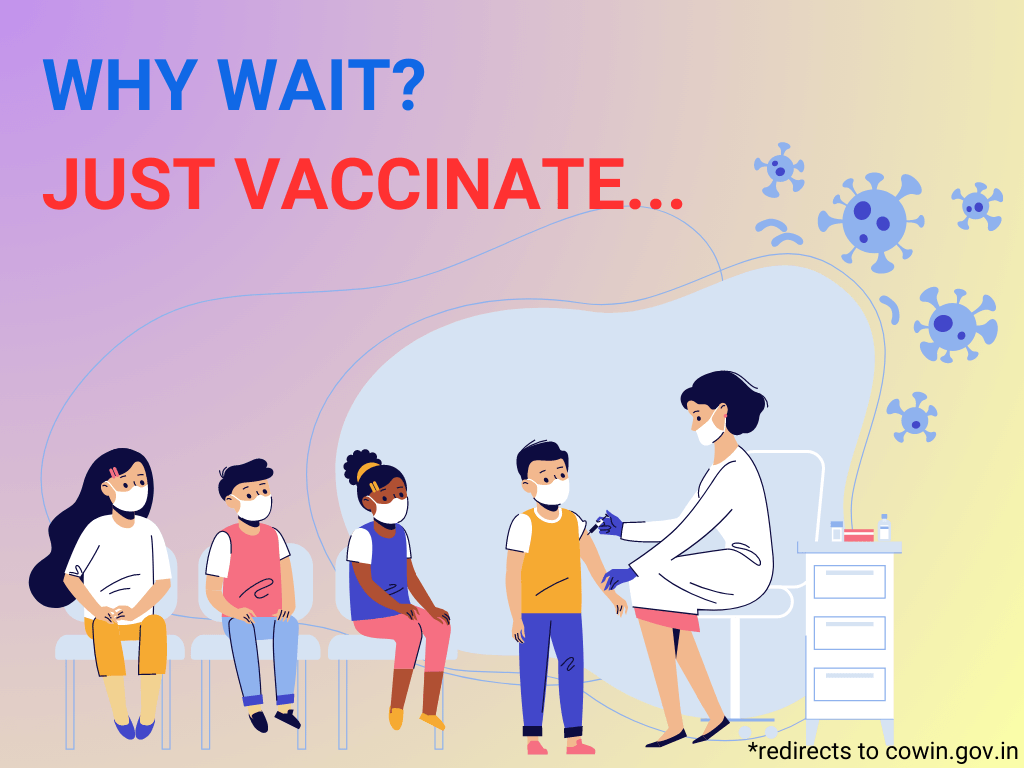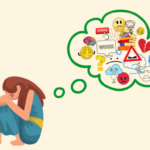The Prime Minister of India, Narendra Modi addressed the people of India on the 15th of August, 2020 from the Red Fort in New Delhi. Saluting the compatriots on the occasion, he spoke about the sacrifices of countless women and men who battled for the sovereignty of the nation. The Prime Minister also applauded the people who are in the battle against the COVID-19 pandemic. He also said that the youth, who are the future of India, is present at the Red Fort today owing to the restrictions. Narendra Modi recalled the contributions of the Covid-19 heroes and paid homage to all those who lost their lives due to the pandemic. The speech involved an announcement of the National Digital Health Mission. The Prime Minister said that it was due to bring this change, given that the country is battling the COVID-19 pandemic.
This new scheme will come under the Ayushman Bharat Pradhan Mantri Jan Arogya Yojana. Technology will play a remarkable role in this campaign. This Health Card will be essential whether it is from a doctor’s appointment or to hospitalization for any treatment. The vital feature of this scheme is the technology and digital section. The ‘One Nation, One Health Card’ plan will benefit people in getting better healthcare facilities in the country. Prime Minister Narendra Modi said, “Every Indian will have access to a Health Card. This Health Card will work as a health account for the citizens of India.” A person’s saved database in the digital form will include medical history and records such as examinations, diagnosis, medications, and treatments. Any authorized individual can get access to information from any part of the country. The Health card will hold similar features as the Aadhaar card. Except, this card is optional to obtain for the public.
According to reports, every citizen who opts for this card can log in to the system with the unique ID. When a cardholder gets a test, diagnosis or treatment done for any medical condition, the Health Card will save all the information and reports. This service will save citizens from carrying loads of medical records and reports, especially if a patient is travelling from other parts of the country for medical aid. The doctors and medical staff will be capable to get access to all medical records with the help of the unique ID mentioned on the Health Card. Apart from the above benefits for the cardholder, healthcare centers such as hospitals will experience a hassle-free procedure from the ‘One Nation, One Health Card’ scheme. This scheme in coming years will include the participation of pharmacies and medical stores. The central server will help in connecting all the medical facilities and doctors with the public. Yet, this will be a voluntary service. The aim is to create a mode of personal health record based on a system which is accessible to the citizens of India. The citizen’s consent and privacy protection are one of the main aims of the NHDM.
The Health Card initiative by Prime Minister Narendra Modi is a praiseworthy step towards further fuelling digitization in the nation’s healthcare facilities. This revolutionary health care ecosystem puts patients in the spotlight. It places the ball in their court in the form of a Health Card for accessing quality care and support. This will make sure that patients get better access to healthcare facilities and doctors. They can pick the duration or what precise reports they would like to share with the medical staff. If citizens are looking to enjoy government plans, then they will need to connect their Health Card to their Aadhaar Card. There will be 2 copies of the patient’s file records. The Government of India will have access to one of those copies. With these changes, we can assure that Electronic Health Records (EHR) plays a crucial role in transforming the direction of health care in the nation. The government’s impetus on personal health records accessible through a Health Card verifies the said fact.
There will be the use of machine learning and artificial intelligence techniques. This is to analyze the data generated from the records will help in learning disorder patterns, predict the origin of ailments and suggest seasonal outbreaks. This will bring efficiencies and effectiveness in healthcare. Reports suggest that the data will be safe and secure from any cybercrime. Even so, India still lacks a law on data security.
The digital health mission and the resemblance of the policy to the Aadhaar may trigger privacy issues in days to follow. In the real sense, the NDHM will take quality health care to the rural masses and cut the difference which exists between the urban and rural India. This digitization effort couldn’t have come at a more suitable time than the year 2020 when the public realizes the precise potential of digital healthcare with the rising cases of COVID-19 pandemic. The NDHM will provide an opportunity for patients to get access to health care services remotely through teleconsultation and e-pharmacies. These digital services will bring a lot of progress in the medical field and health-related benefits. The details of the mission are not yet precisely explained. There can also be similarities between the functioning of the Health Card and the Unified Payments Interface (UPI). Reports suggest that there are 3 phases planned to implement the scheme. One of those phases includes a budget of INR 500 crore. Time will tell the effects of this new scheme and how India will benefit from it.
Stay connected for trendier medical, healthcare and wellness updates from around the world.
Stay Home, Stay Safe!!!
#healthcard #digitalindia #aadhaar #digitalhealthmission #medtech #covid19response #datasecurity #healthcare #clinqon_india #pandemic












